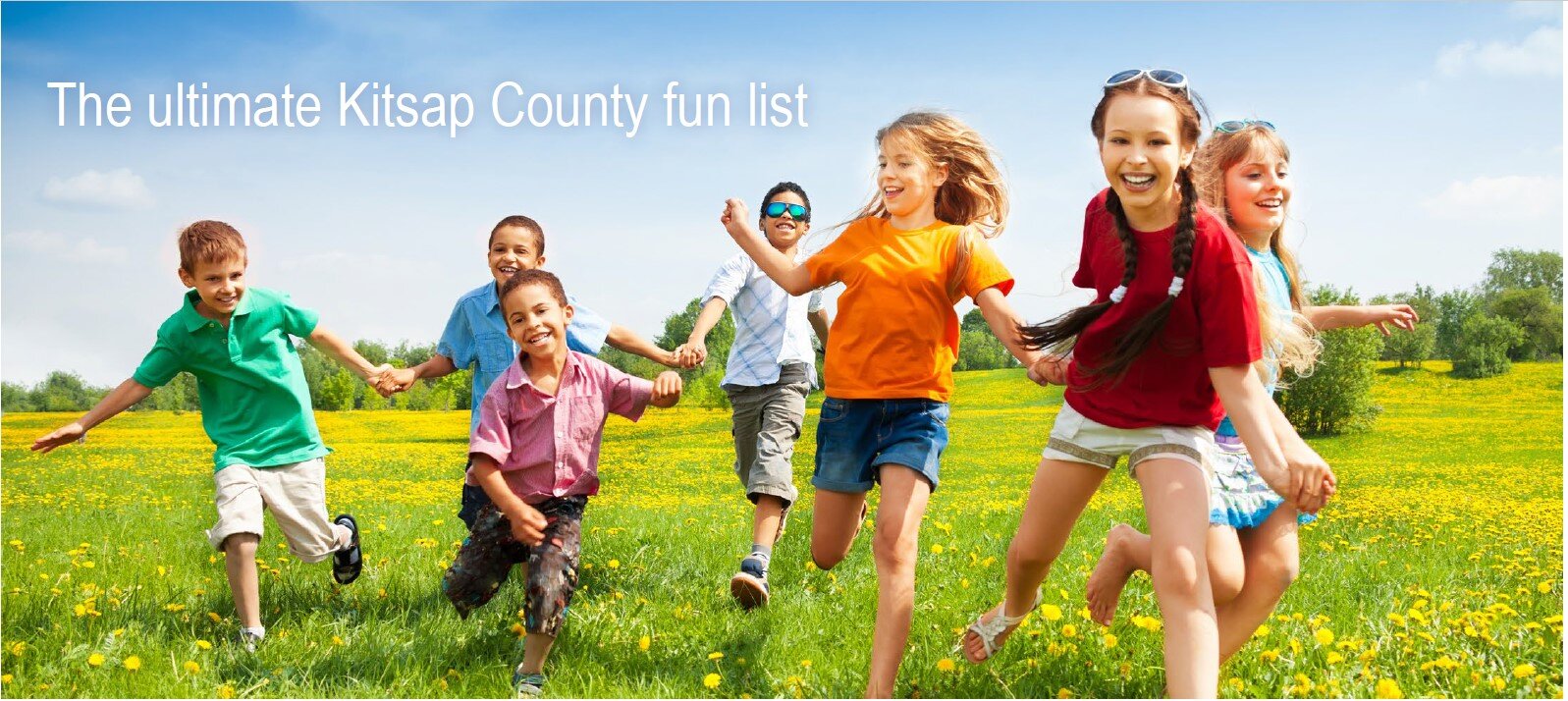Services and Resources
Adult Services
We work with adults who have several types of conditions. Our therapists work to address all of these issues, so you can get back to the life you had before or learn to do the best with the changes you have acquired.
Find information and resources for each one below.
Stroke
After a stroke some people can develop difficulties in one or more of the following areas: eating, drinking, reading, writing, talking, recalling words, putting words together to communicate, formulating ideas, attending to information around them, remembering recent events/information/details, organizing information/thoughts, planning events, and executing their plan.
Brain Injury
A hit to the head, whether from a car accident or fall can lead to a brain injury. Sometimes the effects of this are mild and sometimes they are more severe. People with mild brain injuries may have light or noise sensitivity, difficulties concentrating, fatigue, memory loss, mood changes, or difficulties managing their impulses. In more severe cases people may experience greater difficulties including one or more of the following: eating, drinking, reading, writing, talking, recalling words, putting words together to communicate, formulating ideas, attending to information around them, remembering recent events/information/details, organizing information/thoughts, planning events, and executing their plan.
Parkinson disease
We offer Lee Silverman Voice Therapy (LSVT) to improve voice issues that are common to people who have Parkinson Disease. Swallowing difficulties are also common with this condition and we will evaluate this area as well and set up an intervention if needed. About 20% of the time, people who have Parkinson Disease also develop difficulties thinking and remembering as well as they did before. We can help with that too.
Other Progressive NEUROLOGICAL conditions
Our staff has worked with people who have less common neurological conditions such as Primary Progressive Aphasia (PPA), Progressive Supranuclear Palsy (PSP), Amyotrophic Lateral Sclerosis (ALS), Multiple Sclerosis (MS), and other progressive conditions. A strong care team and regular modifications to care are needed so that you can be at your best.
Cognitive decline / cognitive changes
Time can bring changes to the way we think, remember, and organize information. Whether this is age related cognitive decline or the early stages of a dementia, we offer exercises to improve cognitive function, caregiver training to adapt the environment to your needs, and community support.
Find us at the Look Again Art Discussions on the first Friday of each month at Bainbridge Island Art Museum (BIMA).
Swallowing
Regardless of why swallowing food or liquids have become challenging we can provide information and exercises to keep you safely eating and drinking foods. In combination with Rayus Radiology in Poulsbo, we offer Out Patient Video Fluoroscopic Swallow Studies (VFSS).
After assessing your condition we may use a combination of diet modifications, compensatory strategies, therapeutic exercises, Vital Stimulation Treatment (NMES), or Iowa Oral Pressure Instrument (IOPI) exercises, or adaptive equipment to help you.
CHild Services
Articulation and phonology
Kids are not always easy to understand! We can help with that.
Auditory Processing
Poor listening skills can affect learning. Some kids just don’t effectively process what they have heard and others have a hard time focusing on and remembering what they have heard. Before writing off the difficulties as bad behavior, find out if something more is going on.
AUtism spectrum disorder
Children with Autism spectrum disorders struggle to learn social communication skills, need help learning language, and can have cognitive delays. These differences are noticeable before children turn three. Families and children are often frustrated with failed communication attempts and frequent meltdowns. We can help get those words flowing.
childhood Apraxia of speech
Childhood Apraxia of Speech (CAS) is a specific motor speech disorder that makes consistent productions of speech sounds challenging to produce. Children with this condition may not produce words at all or may be extremely hard to understand.
Language concepts
Children can struggle with language Form (i.e. understanding/choosing the correct verb, pronoun, or word ending), Content (i.e. understanding/choosing vocabulary words and story components), and Use (i.e. knowing whats funny and when its okay to say a funny thing.) We evaluate and teach these skills!
Phonological awareness
Phonological Awareness is a persons understanding of the building blocks of words and the boundaries between words. Some kids just absorb this knowledge as they learn language and others need to be taught phonological awareness skills. This includes learning the sounds that we use to create syllables and words, learning how to change one sound to create a new word through addition, deletion, or manipulation, and segmenting these units of speech. This is an essential skill for learning to read and for sequencing sounds in words for communicating effectively.
pragmatic and social skills
The way language is used is key to understanding and connecting with people around us. We offer individual instruction for children who need more structure to learn these skills and we also offer group classes for development of these skills with age matched peers.
reading and dyslexia
Some children need a more structured approach to learning the units of language needed for reading, writing, and verbal communication. We can help evaluate which aspect of learning language is slowing them down and provide instruction in that area to help advance it or refer you to additional resources in our community for optimal success.
Universal services
fluency
All people stutter sometimes and it is normal for young children to go through a period of time when they are more prone to stuttering. Occasionally, stuttering doesn’t go away on its own or gets worse over time. We offer education about fluency, teach fluency shaping techniques, and provide resources for support to our clients.
voice
People of all ages can develop difficulties using their voice. Sometimes this results in a rough, breathy, or weak voice. We work with your ENT to improve your resonance and provide education on how you can protect your voice moving forward.
Hearing loss
We offer aural rehabilitation for learning to listen with hearing aids, cochlear implants, or other augmentative listening devices.
















